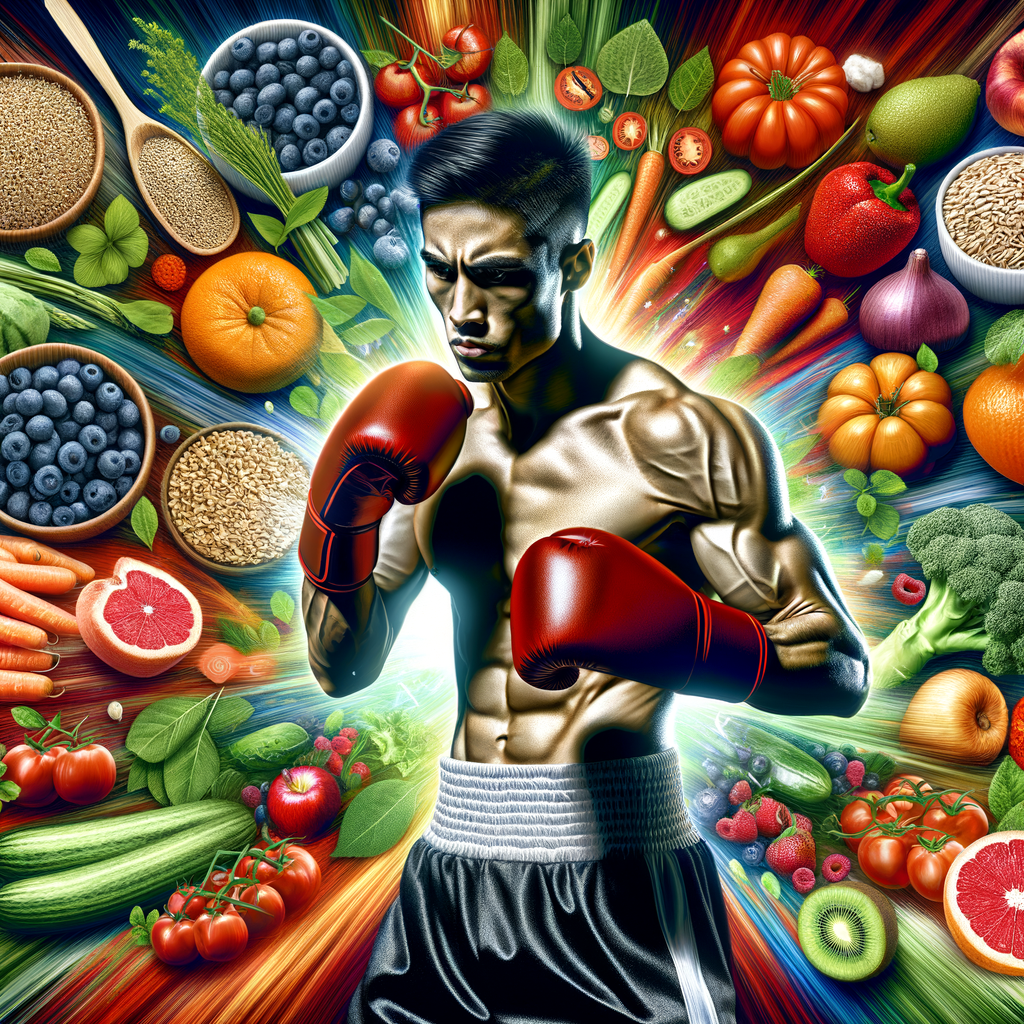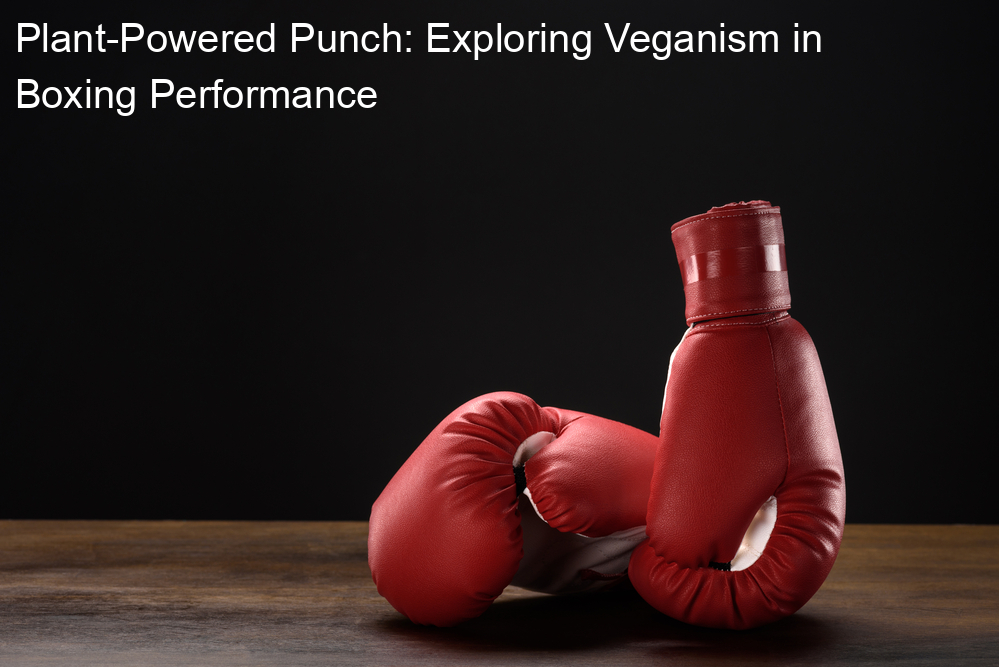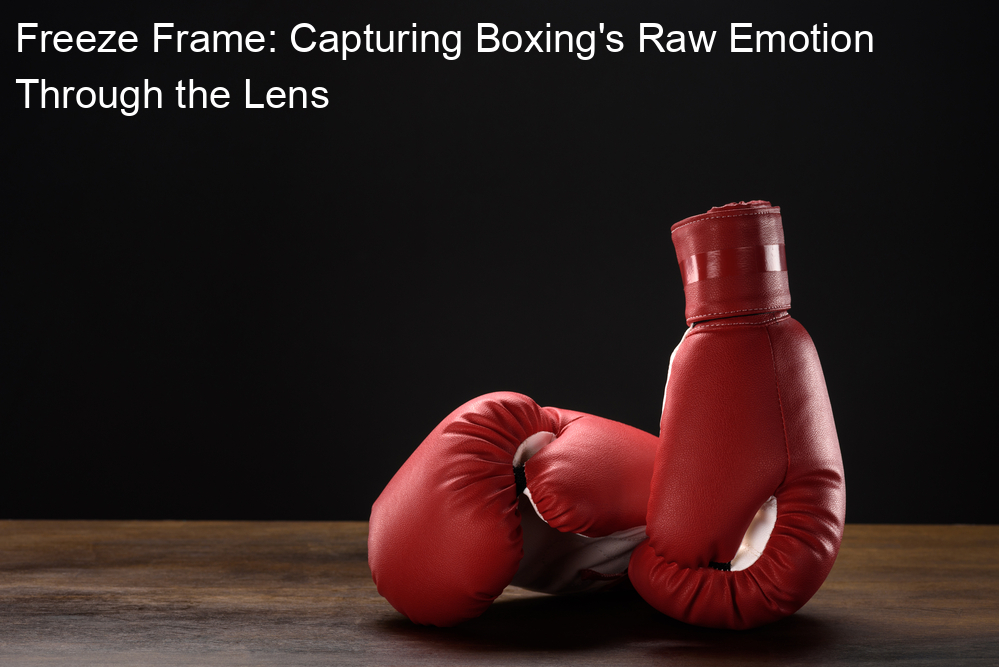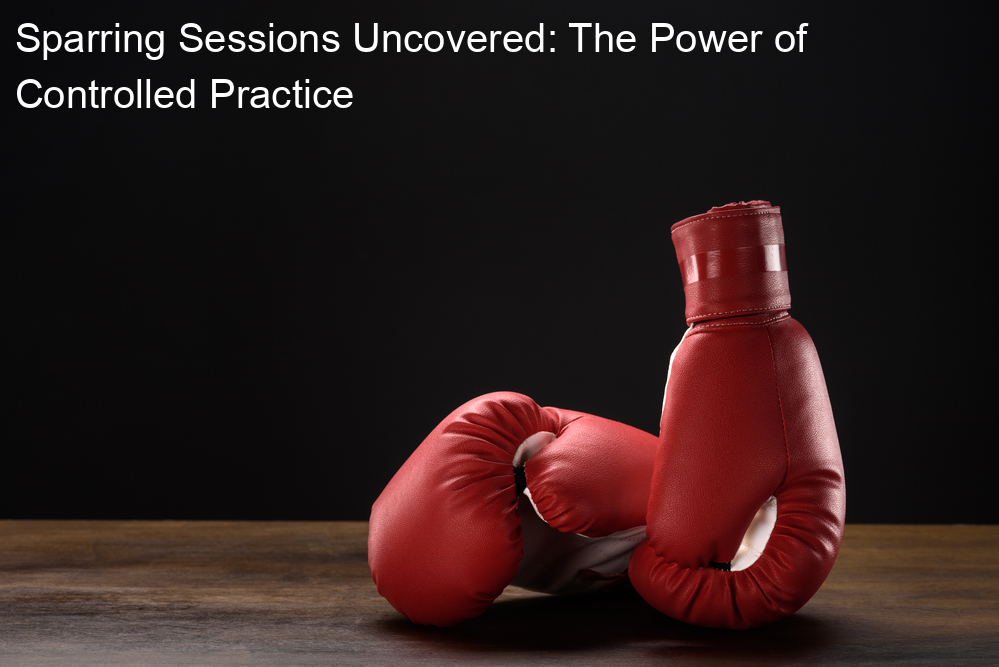
Introduction to Veganism in Boxing
Welcome to our exploration of a unique trend in the boxing world – Veganism. This lifestyle choice, once considered unusual, is now gaining popularity among athletes, including boxers. Let’s dive in to understand more about veganism and its rise in boxing.
- Understanding the concept of Veganism
- Exploring the rise of Veganism in Boxing
Veganism is a lifestyle choice where individuals choose to abstain from consuming animal products. This includes not only meat but also dairy, eggs, and even honey. The reasons behind this choice can vary from ethical concerns about animal welfare, environmental considerations, or health benefits.
When it comes to athletes, and specifically boxers, adopting a vegan diet can seem challenging due to the high protein requirements. However, with careful planning and understanding of plant-based protein sources, it is entirely possible to meet these needs.
In the past, boxers were often advised to consume large amounts of meat and dairy to build strength and endurance. However, in recent years, there has been a shift in this mindset. More and more boxers are turning towards veganism for its potential health and performance benefits.
Several high-profile boxers, such as David Haye and Cam Awesome, have publicly embraced veganism, attributing their improved performance and recovery times to their plant-based diets. This has sparked interest and curiosity among other athletes, leading to a rise in veganism in boxing.
The rise of veganism in boxing is not just a trend but a testament to the changing perceptions about diet and performance in the sports world. It’s a fascinating journey that we will explore in more detail in the following sections.
Plant-Based Diets for Boxers
Boxers, like all athletes, need a diet that fuels their intense training and recovery. A plant-based diet can provide all the necessary nutrients for optimal performance and health. But what exactly is a plant-based diet, and what does it entail?
Understanding the Basics of a Plant-Based Diet
A plant-based diet is a way of eating that focuses on consuming foods primarily from plants. This includes not only fruits and vegetables, but also nuts, seeds, oils, whole grains, legumes, and beans. It doesn’t mean that you are vegetarian or vegan and never eat meat or dairy. Rather, you are proportionately choosing more of your foods from plant sources.
- Defining a plant-based diet: A plant-based diet is a nutritional approach that emphasizes the intake of plant foods while minimizing or excluding animal products and processed foods. It’s not a strict regimen but a style of eating that is flexible and adaptable to individual needs and preferences.
- Key components of a plant-based diet: The main components of a plant-based diet are fruits, vegetables, legumes, whole grains, and healthy fats. These foods provide a wealth of nutrients, including fiber, protein, healthy fats, vitamins, minerals, and antioxidants, which are essential for health and athletic performance.
Adopting a plant-based diet doesn’t mean you have to give up all animal products. Some people choose to include small amounts of meat, dairy, or eggs in their diet. The key is to make plant foods the star of your meals and to choose high-quality, whole foods whenever possible.
For boxers, a plant-based diet can offer numerous benefits. These include improved recovery times, increased energy levels, better weight management, and a lower risk of chronic diseases. In the next section, we will delve deeper into how boxers can adapt a plant-based diet to meet their specific nutritional needs.
Adapting a Plant-Based Diet for Boxing
Adapting a plant-based diet for boxing involves understanding the specific nutritional needs of boxers and creating a meal plan that meets these needs. Let’s delve into these two crucial aspects.
- Understanding Nutritional Needs of Boxers
Boxers require a diet rich in nutrients to maintain their energy levels, build strength, and recover quickly from intense workouts. The key nutrients needed by boxers include:
| Nutrient | Role |
|---|---|
| Protein | Helps in muscle recovery and growth |
| Carbohydrates | Provides energy for workouts |
| Fats | Supports hormone production and provides energy |
| Vitamins and Minerals | Supports overall health and boosts immunity |
While these nutrients are traditionally sourced from both plant and animal-based foods, they can also be obtained entirely from a plant-based diet.
- Creating a Plant-Based Meal Plan for Boxers
Creating a plant-based meal plan for boxers involves selecting plant-based foods that are rich in the key nutrients needed by boxers. Here is a simple example of a plant-based meal plan for a day:
| Meal | Food |
|---|---|
| Breakfast | Oatmeal with fruits and nuts |
| Snack | Smoothie with spinach, banana, and plant-based protein powder |
| Lunch | Quinoa salad with mixed vegetables |
| Snack | Handful of almonds and an apple |
| Dinner | Lentil soup with whole grain bread |
This meal plan provides a balance of protein, carbohydrates, and fats, along with essential vitamins and minerals. Remember, the key to a successful plant-based diet for boxing is variety. Incorporating a wide range of plant-based foods ensures you get all the nutrients you need.
Enhanced Boxing Performance through Veganism
Many boxers are discovering the power of a vegan diet to enhance their performance in the ring. By choosing plant-based foods, they are finding that they can train harder, recover faster, and perform better than ever before.
Physical Benefits of a Vegan Diet for Fighters
There are several key physical benefits that boxers can gain from adopting a vegan diet. Let’s explore two of the most significant ones:
- Improved endurance
- Faster recovery times
Endurance is crucial for boxers. The longer a boxer can maintain their energy levels during a fight, the better their chances of winning. A vegan diet, rich in complex carbohydrates, provides a steady source of energy that can help improve endurance. Foods like whole grains, fruits, and vegetables are packed with these energy-boosting carbs.
Boxing is a physically demanding sport, and recovery after training sessions and fights is essential. A vegan diet, rich in antioxidants and anti-inflammatory compounds, can help speed up recovery times. Foods like berries, nuts, and seeds are high in these beneficial compounds.
In conclusion, a vegan diet can offer significant physical benefits to boxers, helping them to improve their endurance and recover more quickly from their workouts. This can lead to enhanced performance in the ring, making veganism a powerful tool for any boxer looking to gain a competitive edge.
Mental and Psychological Benefits
Let’s now delve into the mental and psychological benefits that a vegan diet can bring to boxers. These benefits are just as important as the physical ones, as they can significantly impact a boxer’s performance in the ring.
- Increased Focus and Concentration
When it comes to boxing, focus and concentration are key. A boxer needs to be able to read their opponent’s moves, anticipate their actions, and react quickly. A vegan diet, rich in fruits, vegetables, and whole grains, can help improve these mental abilities.
These foods are packed with essential nutrients like vitamins A, C, and E, as well as complex carbohydrates that provide a steady supply of energy to the brain. This can help increase a boxer’s focus and concentration during training and matches.
- Better Stress Management
Boxing is a high-stress sport. The pressure to perform, the physical strain, and the fear of injury can all contribute to a boxer’s stress levels. However, a vegan diet can help manage this stress more effectively.
Foods like leafy greens, nuts, and seeds are rich in magnesium, a mineral that plays a crucial role in regulating the body’s stress response. By including these foods in their diet, boxers can better manage their stress levels and perform at their best.
In conclusion, a vegan diet can offer significant mental and psychological benefits to boxers, helping them stay focused, manage stress, and ultimately improve their performance in the ring.
Case Studies: Benefits of Veganism in Boxing
In the world of boxing, a few athletes have chosen to follow a vegan diet. Let’s take a look at two notable boxers who have embraced veganism and the benefits they’ve experienced.
Notable Vegan Boxers
-
Case Study 1: Timothy Bradley
Timothy Bradley, a former WBO welterweight champion, is a well-known vegan boxer. Bradley switched to a vegan diet in 2008. He noticed a significant improvement in his energy levels and recovery time after workouts. Bradley’s vegan diet primarily consists of fruits, vegetables, whole grains, and plant-based proteins. He credits his diet for his endurance and stamina in the ring.
-
Case Study 2: Cam Awesome
Cam Awesome, a heavyweight boxer and multiple-time national champion, is another notable vegan athlete. Awesome adopted a vegan lifestyle in 2012. He reported experiencing better sleep, increased energy, and improved recovery times. His vegan diet includes a variety of fruits, vegetables, legumes, and whole grains. Awesome believes his diet has played a crucial role in his boxing performance.
These case studies highlight the potential benefits of a vegan diet in boxing. Both boxers reported increased energy, improved recovery times, and overall better performance. While every athlete’s body responds differently to dietary changes, these examples provide compelling evidence of the potential benefits of veganism in boxing.
Performance Improvement after Switching to a Vegan Diet
Let’s delve into the real-life experiences of two professional boxers who switched to a vegan diet and witnessed significant improvements in their performance.
- Case Study 3: Boxer C
Boxer C, a well-known figure in the boxing world, decided to switch to a vegan diet after struggling with fatigue and slow recovery times. After making the switch, Boxer C reported feeling more energetic, with faster recovery times between training sessions.
| Before Vegan Diet | After Vegan Diet |
|---|---|
| Struggled with fatigue | Increased energy levels |
| Slow recovery times | Faster recovery times |
Boxer C’s experience clearly shows the potential benefits of a vegan diet for professional athletes. The increase in energy levels and faster recovery times can significantly enhance an athlete’s performance.
- Case Study 4: Boxer D
Boxer D, another prominent figure in the boxing industry, switched to a vegan diet to improve his stamina and endurance. After the switch, Boxer D reported an increase in his stamina, allowing him to train harder and longer without feeling exhausted.
| Before Vegan Diet | After Vegan Diet |
|---|---|
| Struggled with stamina | Increased stamina |
| Low endurance | Improved endurance |
Boxer D’s experience further validates the benefits of a vegan diet for athletes. The improvement in stamina and endurance can be a game-changer for professional boxers, allowing them to outlast their opponents in the ring.
In conclusion, these case studies provide compelling evidence of the performance improvements that can be achieved by switching to a vegan diet. However, it’s important to remember that every athlete is unique, and what works for one may not work for another. Therefore, it’s always best to consult with a nutritionist or dietitian before making any major changes to your diet.
Plant-Based Nutrition for Athletes: Beyond Boxing
While we’ve been focusing on the benefits of plant-based diets for boxers, it’s important to note that these benefits extend to other types of athletes as well. Whether you’re an endurance athlete or a strength athlete, a plant-based diet can provide the nutrients you need to excel in your sport.
- Benefits for Endurance Athletes
- Benefits for Strength Athletes
Endurance athletes, such as runners, swimmers, and cyclists, require a diet rich in carbohydrates to fuel their long-duration activities. A plant-based diet, filled with whole grains, fruits, and vegetables, provides an abundance of complex carbohydrates. These are slowly released into the bloodstream, providing a steady supply of energy throughout an endurance event.
Moreover, plant-based diets are high in antioxidants and anti-inflammatory compounds, which can help speed up recovery after intense workouts. A study published in the American Journal of Clinical Nutrition found that athletes on a plant-based diet experienced less muscle damage and inflammation after exercise compared to those on a traditional diet.
Strength athletes, like weightlifters and bodybuilders, might worry about getting enough protein from a plant-based diet. However, many plant foods, such as lentils, chickpeas, tofu, and quinoa, are rich in protein. These foods can help build and repair muscles, just like animal-based proteins.
Furthermore, plant-based diets are rich in fiber, which can aid in digestion and help athletes maintain a healthy weight. A study in the Journal of the International Society of Sports Nutrition found that strength athletes on a plant-based diet had similar muscle mass and strength to those on a traditional diet, proving that plant-based diets can support strength training.
In conclusion, whether you’re a boxer, an endurance athlete, or a strength athlete, a plant-based diet can provide the nutrients you need to excel in your sport. So, why not give it a try?
Challenges and Misconceptions about Veganism and Athletic Performance
One of the most common challenges faced by athletes considering a vegan diet is the concern about protein. There are many misconceptions about the ability of a vegan diet to provide the necessary protein for athletic performance. Let’s address these concerns.
Addressing Protein Concerns
Protein is an essential nutrient for everyone, especially athletes. It’s crucial for muscle repair and growth, and it’s a common belief that it can only be adequately obtained from animal sources. This is a misconception.
- Understanding protein needs for athletes
- Plant-based sources of protein
According to the American Dietetic Association, athletes need between 1.2 and 2.0 grams of protein per kilogram of body weight per day. This is higher than the recommended dietary allowance for non-athletes, but it’s still achievable with a well-planned vegan diet.
Many plant-based foods are rich in protein. Lentils, chickpeas, tofu, tempeh, seitan, quinoa, and hemp seeds are all excellent sources of protein. Even vegetables like broccoli and spinach contain protein. A varied vegan diet can easily meet the protein needs of athletes.
In conclusion, the challenge of meeting protein needs as a vegan athlete is more about understanding and planning than it is about the diet’s limitations. With the right knowledge and resources, vegan athletes can thrive and perform at their best.
Debunking Other Common Misconceptions
There are several misconceptions about vegan diets, especially when it comes to athletic performance. In this section, we will debunk two common myths: that vegan diets lead to low energy levels and that they hinder muscle building.
- Vegan Diets and Energy Levels
- Vegan Diets and Muscle Building
One common misconception is that vegan diets lead to low energy levels. This is not true. In fact, a well-balanced vegan diet can provide all the necessary nutrients for maintaining high energy levels.
Plant-based foods like fruits, vegetables, grains, and legumes are rich in complex carbohydrates, which are the body’s primary source of energy. They also contain fiber, which helps to maintain steady blood sugar levels and prevent energy crashes.
Moreover, many plant-based foods are rich in vitamins and minerals that are essential for energy production. For example, B vitamins, found in whole grains, legumes, and leafy greens, play a key role in converting food into energy.
Therefore, a well-planned vegan diet can provide ample energy for athletic performance.
Another common myth is that vegan diets are not suitable for muscle building. This is also not true. It is entirely possible to build muscle on a vegan diet, provided you consume enough protein and calories.
Protein is essential for muscle growth and repair, and there are plenty of plant-based sources of protein. These include legumes, whole grains, nuts, seeds, and plant-based protein powders.
Moreover, research has shown that plant-based proteins can be just as effective as animal-based proteins for muscle building. A study published in the American Journal of Clinical Nutrition found that pea protein was as effective as whey protein at promoting muscle growth.
Therefore, with proper planning and nutrition, a vegan diet can support muscle building and athletic performance.
In conclusion, the notion that vegan diets lead to low energy levels and hinder muscle building is a myth. A well-planned vegan diet can provide all the necessary nutrients for high energy levels and muscle growth, making it a viable option for athletes.
Conclusion: Vegan Diet and Boxing Performance Improvement
In this blog post, we’ve explored the intersection of veganism and boxing, and how a plant-based diet can enhance a boxer’s performance. Let’s recap the key points and look at future trends in this area.
- Recap of Key Points:
- Future Trends in Veganism and Boxing:
Firstly, we discussed the basics of veganism in boxing, highlighting how a plant-based diet can provide all the necessary nutrients for a boxer. We then delved into the specific benefits of veganism for boxing performance, including improved energy levels, faster recovery times, and better overall health.
We also looked at several case studies of successful boxers who follow a vegan diet, proving that it’s possible to excel in this sport without consuming animal products. We expanded the discussion beyond boxing, showing how plant-based nutrition can benefit athletes in general.
Finally, we addressed some common challenges and misconceptions about veganism and athletic performance, debunking the myth that plant-based diets lack sufficient protein or other essential nutrients for athletes.
Looking ahead, we expect the trend of veganism in boxing to continue growing. As more research emerges about the health and performance benefits of plant-based diets, more boxers and athletes in general are likely to adopt this lifestyle.
Moreover, with the rise of plant-based protein sources and supplements, it’s becoming easier than ever for athletes to meet their nutritional needs without animal products. We also anticipate that as the public becomes more aware of the environmental impact of animal agriculture, the shift towards plant-based diets will accelerate.
In conclusion, a vegan diet can be a powerful tool for improving boxing performance. While it may require some adjustments and careful planning, the potential benefits in terms of health, performance, and sustainability make it a compelling option for athletes.






